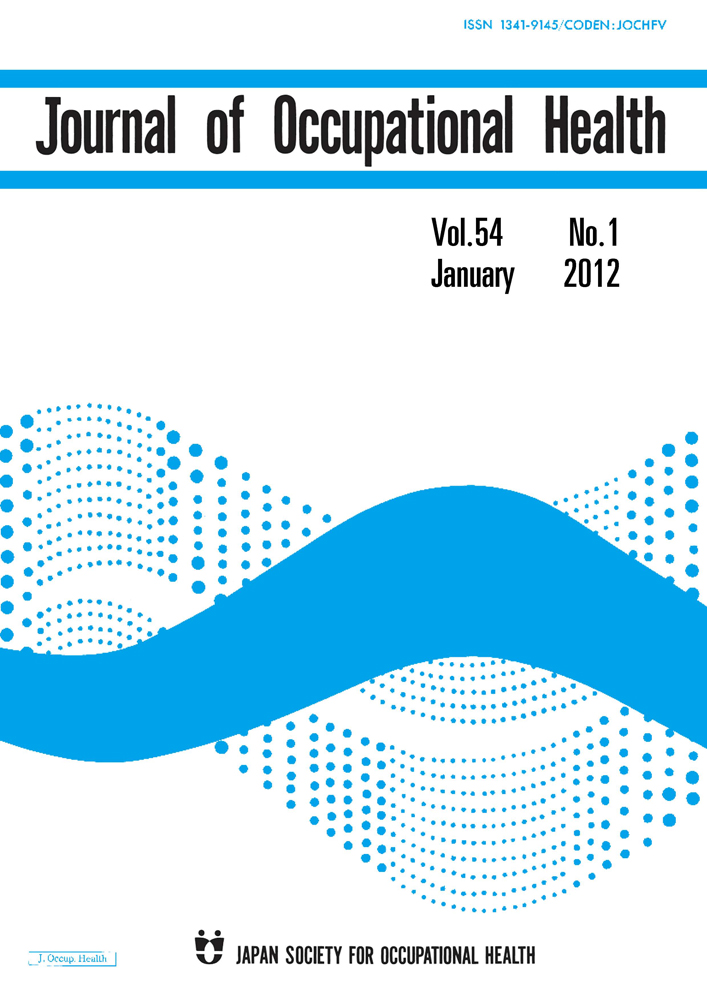Psychological and Health Impact of Working with Victims of Sex Trafficking
Abstract
Psychological and Health Impact of Working with Victims of Sex Trafficking: Merav KLINER, et al. Academic Unit of Public Health, University of Leeds, U.K.—
Objectives
The UK is a major destination country for trafficking for sexual exploitation, and so increasing numbers of victims of trafficking are managed within health and social services. This study aims to assess the psychological and physical impact on health and social care staff working with an identified sex-trafficked population in a Northern City within England and identify methods to assist staff to manage this complex population.
Methods
This research is a qualitative study of 12 members of health and social care staff through semi-structured interviews. The subjects were identified using purposive sampling, and data were analyzed using thematic analysis.
Results
Staff found working with sex-trafficked populations more difficult than with other vulnerable groups. They frequently described burnout and other adverse effects on their psychological and physical health. In general, staff felt undersupported and undertrained by their organizations. This led to concerns about the quality and sustainability of the service.
Conclusions
Working with victims of sex trafficking significantly impacts on the physical and psychological health of staff. Staff working with such vulnerable groups require training and high levels of support to ensure that they are not adversely affected by their work and to ensure that high quality services are maintained. Practices to promote occupational health must be instilled within workplace policy and the organizational culture to limit the impact on psychological and physical health in staff working with vulnerable populations.




